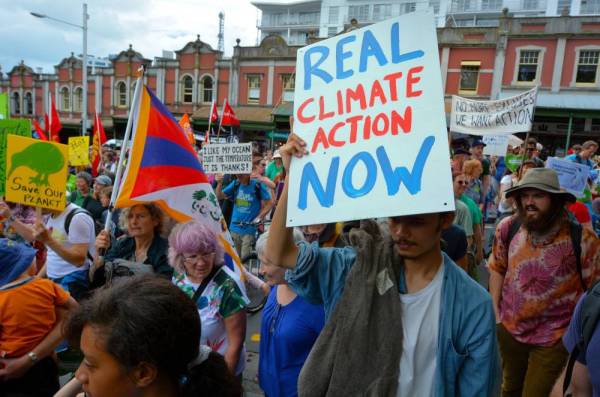Malaysians need to practice disaster risk reduction measures, prepare for the worse

Malaysia is no longer a disaster-free zone and must prepare itself for sudden extreme weather conditions in the future.
Environmental Management and Research Association of Malaysia (Ensearch) immediate past president Gobinathan Kumaran Nair said policy makers must engage with environmental practitioners and experts for inputs into infrastructure policy plans He added that it was also vital to have engaging independent enforcement measures.
“The government must constantly engage with stakeholders, while the public must be encouraged to provide workable feedback measures - not just criticise,” he told Sinar Daily.
Gobinathan, who is also a member of the national Environmental Quality Council (2019-2022), admitted that Malaysia was not on the right track in facing climate change and global warming.
He also agreed that the country was not maximising efforts in achieving the sustainability development goals set for the state.
“I am afraid we are not. We don’t have enough political will despite having the experts and technocrats on the matter,” he said.
Gobinathan said the unprecedented weather conditions happened because of the wind pattern change in over-arching South China Sea.
He said the pattern change had come about mainly due to the developing Far East Countries developing thirst for fossil fuel.
He said China, Vietnam and South Korea are contributors of atmospheric changes.
When asked if Malaysia should open discussions on the matter with the listed countries, Gobinathan said it may be difficult and instead, the government and the people should focus on what they can do for themselves first.
“We can take measures such as reducing emissions in the country.
“I am confident if the policy makers engage with our experts, we can manage this situation.
“Data and analytics are essential,” he said.
He added that the relevant ministries that are involved with climate change and the environment should involve the Intergovernmental Panel on Climate Change (IPCC) when having international discussions on the matter.
In October, Prime Minister Datuk Seri Ismail Sabri Yaakob said the country was committed to its target of becoming a carbon-neutral nation by as early as 2050.
He had said Malaysia hoped to reduce the intensity of greenhouse gas (GHG) emission across the economy by 45 per cent based on the Gross Domestic Product (GDP) in 2030.
He also added that the reduction of intensity was made unconditionally and is 10 per cent higher than the earlier target.
Ismail Sabri was quoted saying that this was the country's stand. This was then tabled at the United Nations Framework Convention on Climate Change (UNFCCC) COP 26 in Glasgow in November by Environment and Water Minister Datuk Seri Tuan Ibrahim Tuan Man.
Muat turun aplikasi Sinar Harian. Klik di sini!





















